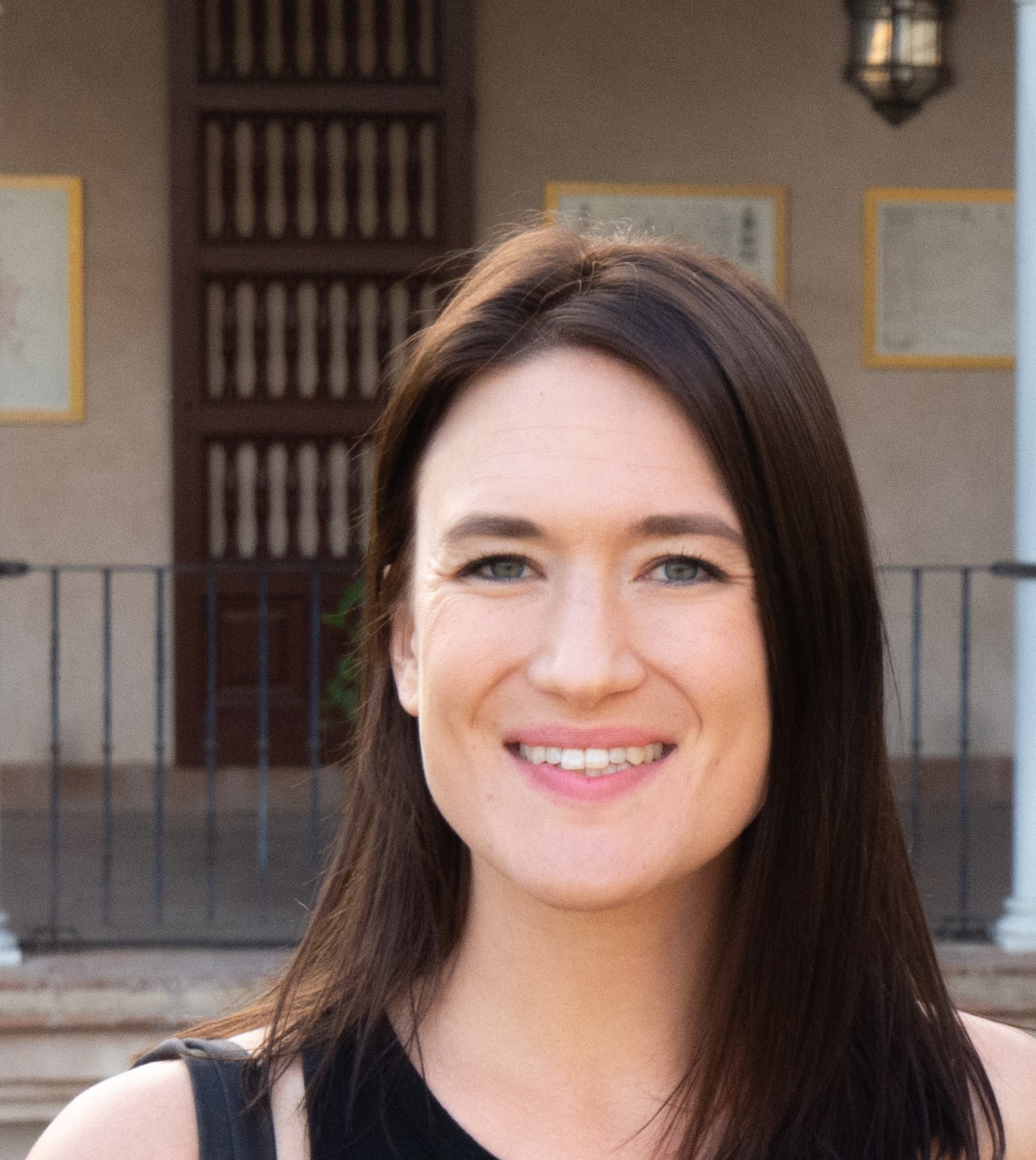The Sir John Elliott Fellowship, sponsored by the CEEH, is awarded

The fellowship has been awarded to Dr. Erica Feild-Marchello, who is a specialist in the literature and culture of early modern Spain and the Spanish empire. In general terms, she is interested in questions of inclusion and exclusion, race, religious conversion, and translation.
Feild-Marchello holds a PhD in Spanish and Portuguese Languages and Literatures from New York University. She has also earned an MA in Translation from the Universidad de Zaragoza, an MA in Hebrew and Arab Cultures: Past and Present from the Universidad de Granada, and a BA in French and Spanish from Seattle University.
Beginning in September 2022, Feild-Marchello will be the Sir John Elliott Fellow in Early Modern Spanish Studies at Exeter College, Oxford University. There, she will develop a monograph that sheds light on how early modern Spanish literature participated in a discursive community imagining of racial concepts that construed relationships between language, religion, and blood. This work explores how Spanish writers—from playwrights, to authors of chronicles, grammars, and memoriales—imagined, invented, and discussed the speech of Muslims, converts from Islam, and their descendants in ways that sought to reconfigure intellectual and popular discourses regarding notions of race.
Feild-Marchello will also conduct research for a second book project on the writings and intellectual community of the Granadan Jesuit, Ignacio de las Casas (1550-1608), who intervened in early seventeenth-century arguments about the role that Arabic should play in Spain. Countering prevailing views, las Casas maintained that Arabic could and should be used as a tool for both evangelization and imperial expansion. While such an idea may, at first, strike us as surprising, it did not develop spontaneously; rather it was fed by the intellectual tradition and arguments about language, conversion, and governance that formed part of las Casas’ cultural milieu. This project poses his writings as a place to investigate the centrality of language in expansionist imaginaries and the diverse ways in which early modern linguistic histories contributed to arguments about inclusion and exclusion.
